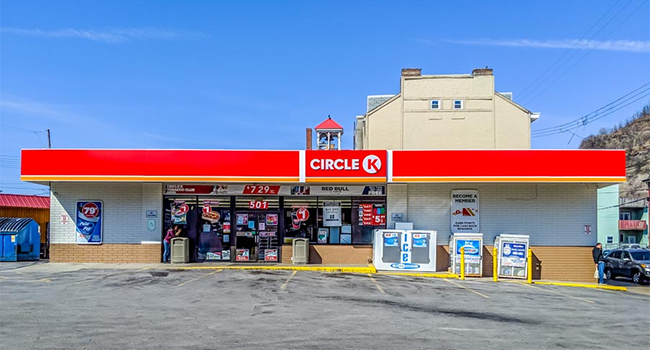A Delaware Statutory Trust is a trust which owns investment properties. As per the 1031 rules, DST assets can be acquired as 1031 replacement properties. DSTs own, operate, administer, and sell income-producing assets. DSTs are established by Delaware State Law. However, it isn’t mandatory for a DST to be located within the state of Delaware. A TIC can have up to 35, while DSTs can have 100 or more investors.
Positives in a DST Investment –
A DST can have a huge number of investors. A DST with 100 or more investors isn’t rare.
DST properties come with pre-arranged property or asset managers.
Thanks to DSTs’ large structure, a DST investment doesn’t require huge money.
DST investments are hugely popular among small investors as it gives them an opportunity to acquire large institutional-grade properties, which otherwise they couldn’t afford to purchase individually.
DST investors get direct ownership of real estate properties.
Benefits of investing in DSTs –
1) A regular flow of income – DSTs are particularly beneficial for those investors, who expect their assets to generate revenue on a regular basis. As DST properties are leased by high credit-rated tenants, DST investors receive a regular flow of income.
2) Low Investment – As DSTs generally have many investors, a DST investment can start from as low as $100K. It’s a great advantage for small investors who want to acquire large institutional-grade properties.
3) Relief from property management – DST properties are managed by professional asset managers, which means that you don’t need to interfere in property management.
4) Tax Advantages – In case a DST property is sold out, an investor can withdraw the proceeds and invest it in another DST without paying the taxes on the capital gains. Yes, that’s true. Using a 1031 Exchange, an investor can exchange any investment property for shares in a DST or can exchange a DST property for another.
5) Gain non-recourse debt – Accredited investors often look for institutional-grade, pre-arranged, and non-recourse financing with easy approval. DST investors have the option to invest in properties ranging from all-cash free debt acquisitions to properties with up to 85% leverage.
DSTs work on the following principle –
A real estate firm, also known as the sponsor, acquires the properties under the DST umbrella and then opens it up for accredited investors to buy fractional ownership in those properties. An investor can use the proceeds of their relinquished property to buy ownership in DST 1031 properties, or they can buy DST shares directly. In any case, the investor must consult a real estate agent or broker for buying shares in DSTs as they can’t buy it directly without the help of a real estate broker. DST properties trade on the basis of the capitalization rate.
Capitalization Rate or CAP Rate is a measure used to determine the net operating income of real estate properties. CAP Rate is the ratio of the net operating income of a property to its current market value. In other words, a greater CAP rate means higher net operating income. For example, if a property’s current market value is $1 million, and its net operating income is $100K, then its CAP Rate will be (100,000/1000,000) = 10%. Similarly, if the CAP Rate of a property is 10% and its current market value is $2 million, then the property’s net operating income will be (10*2000,000)/(100) = $200K.
Negatives in a DST Investment:
1) DST investors don’t receive the property title. Because of its large structure, it’s not possible to transfer the property title to every investor, and that’s why it remains with the trustee.
2) DST investors don’t have voting rights. The trustee is responsible for resolving any dispute.
3) Once the offering is closed, DSTs can’t receive contributions from its current or new beneficiaries.
4) The trustee can’t renegotiate the terms of the existing loan.
5) Some investors don’t want to get involved in property management, while others like to spend a considerable amount of time managing their properties. Investors belonging to the latter category may not find DST investment suitable for them.
DST 1031 investments aren’t too complex. You can use a 1031 exchange calculator to calculate your identification and exchange period. However, it’s always better to consult an experienced 1031 expert or financial advisor before making any investment. The same thing goes with DST investments, and it’s recommended that you consult an experienced DST advisor or expert before making your investment.


Leave a Reply